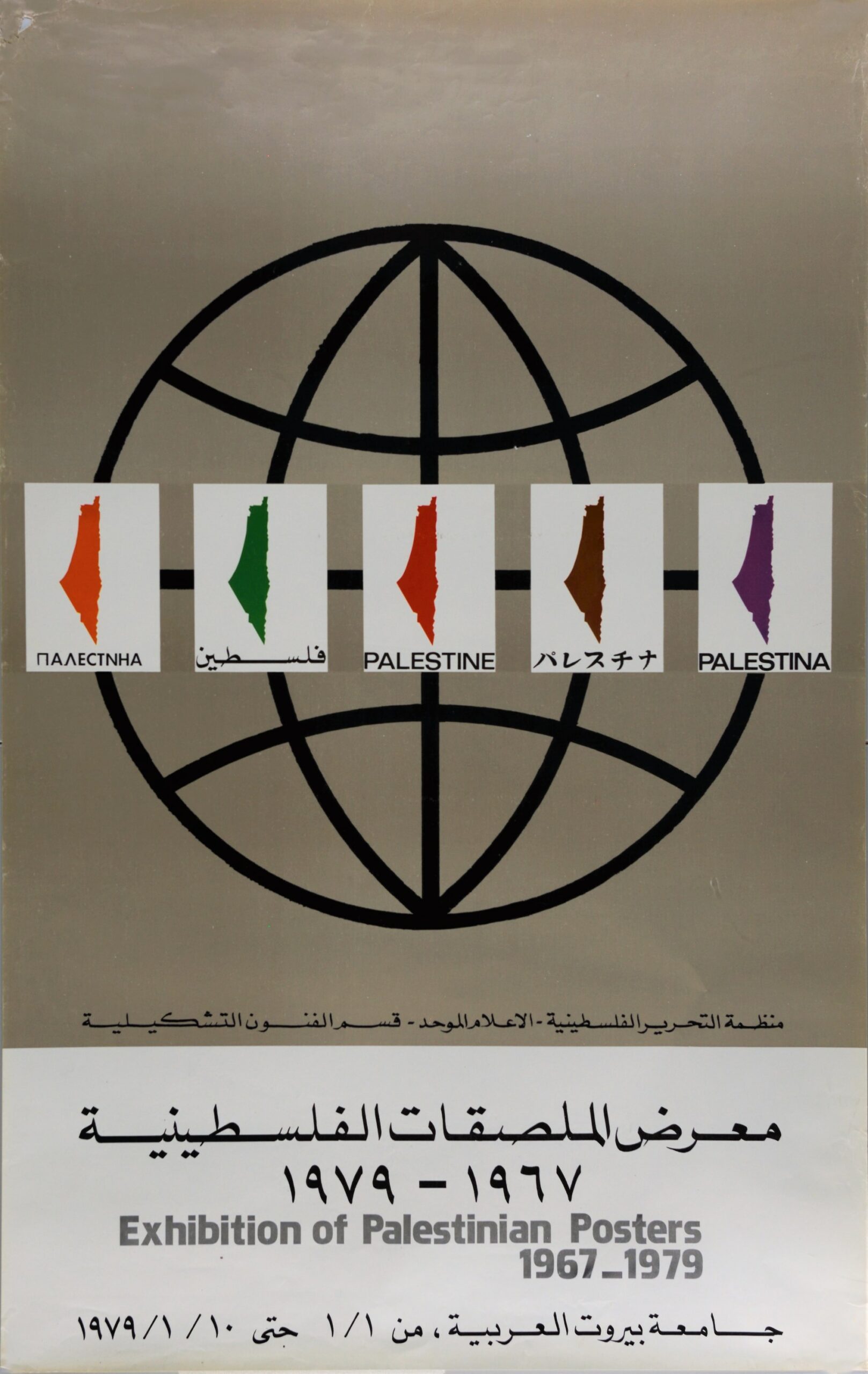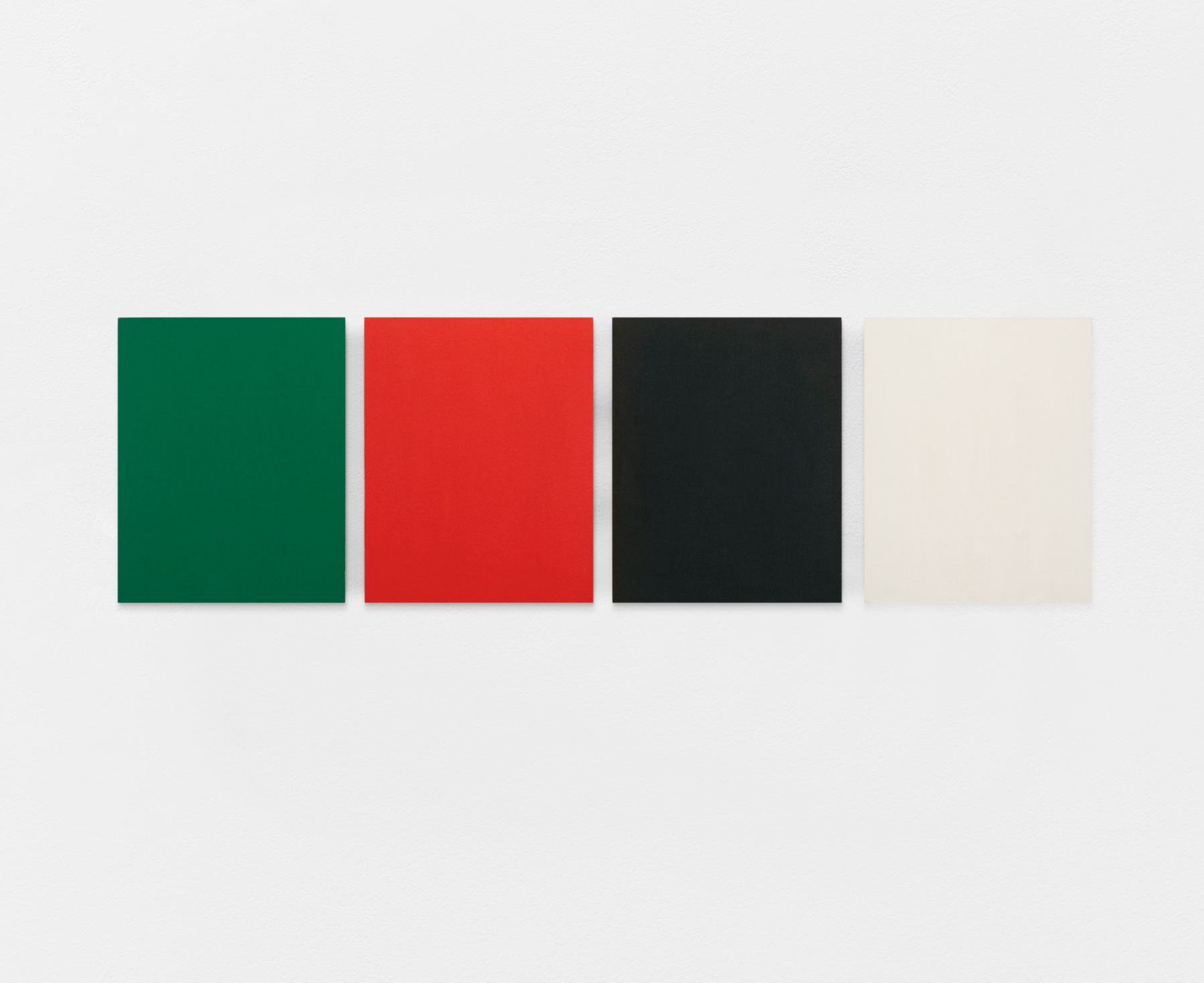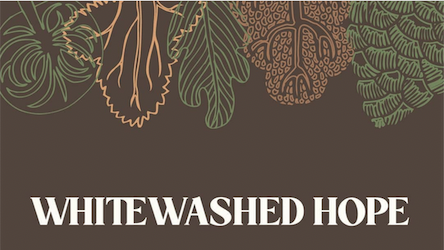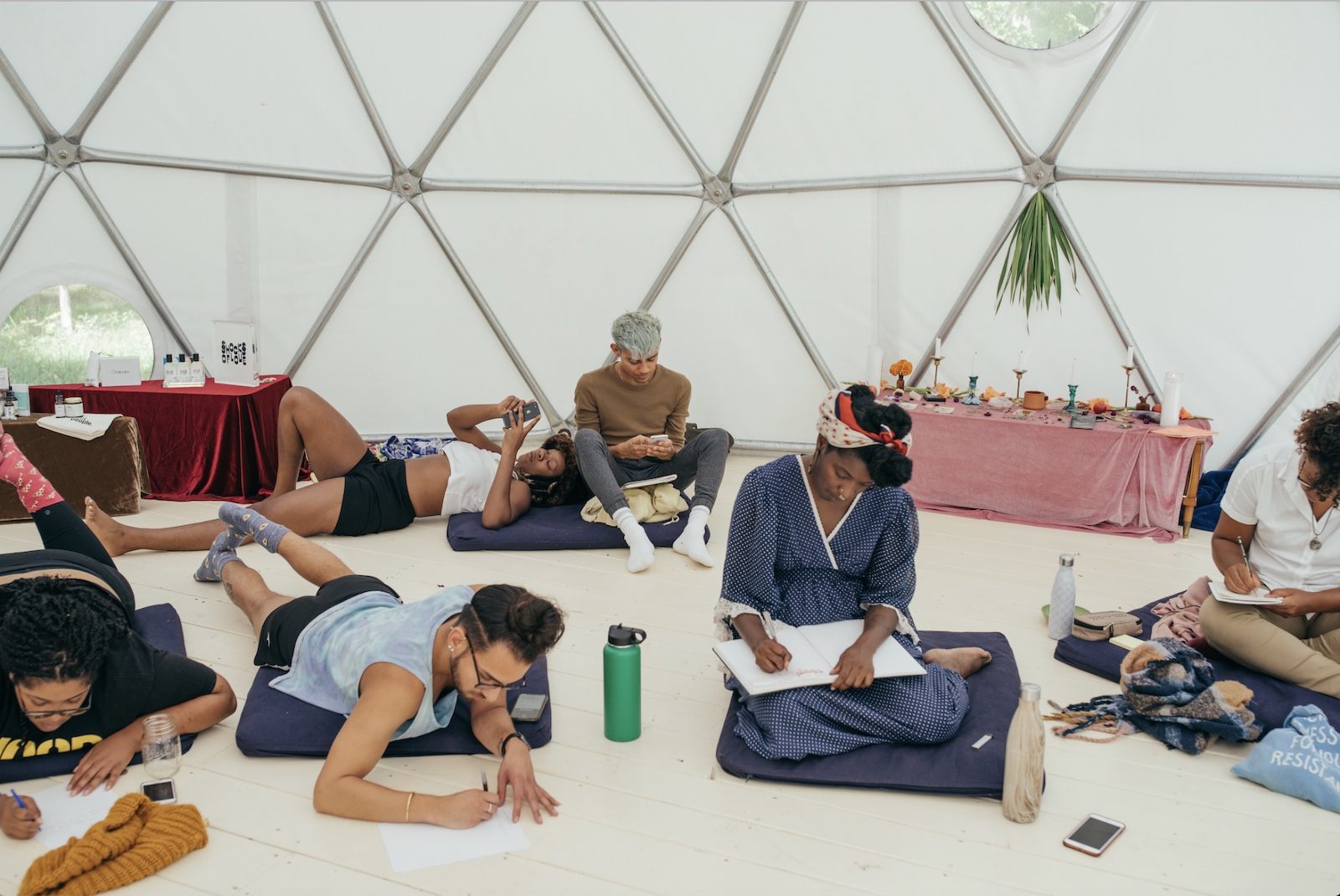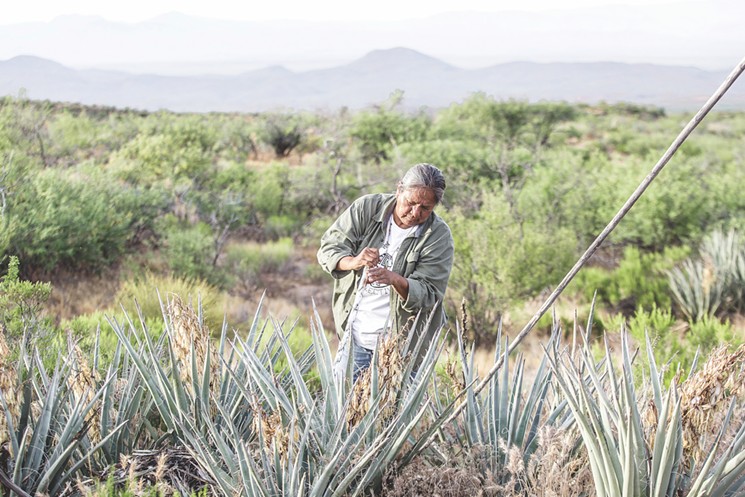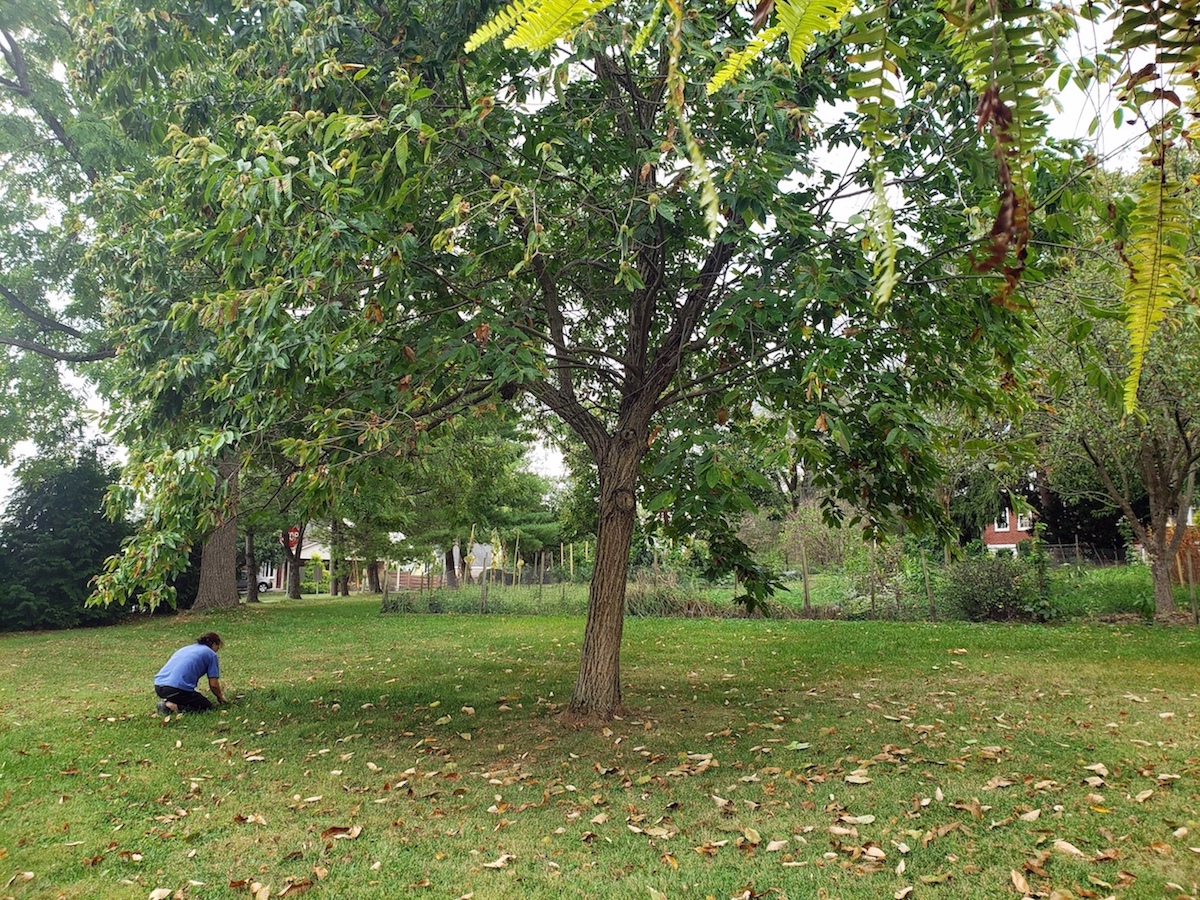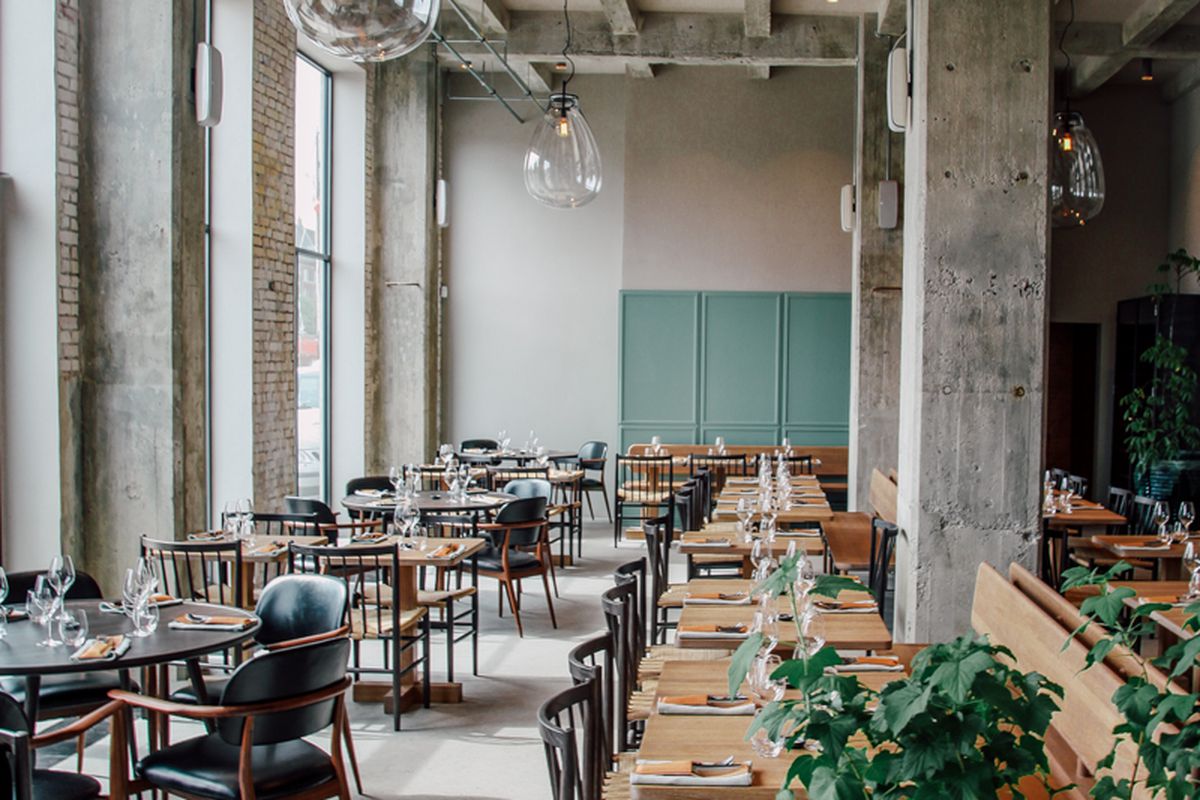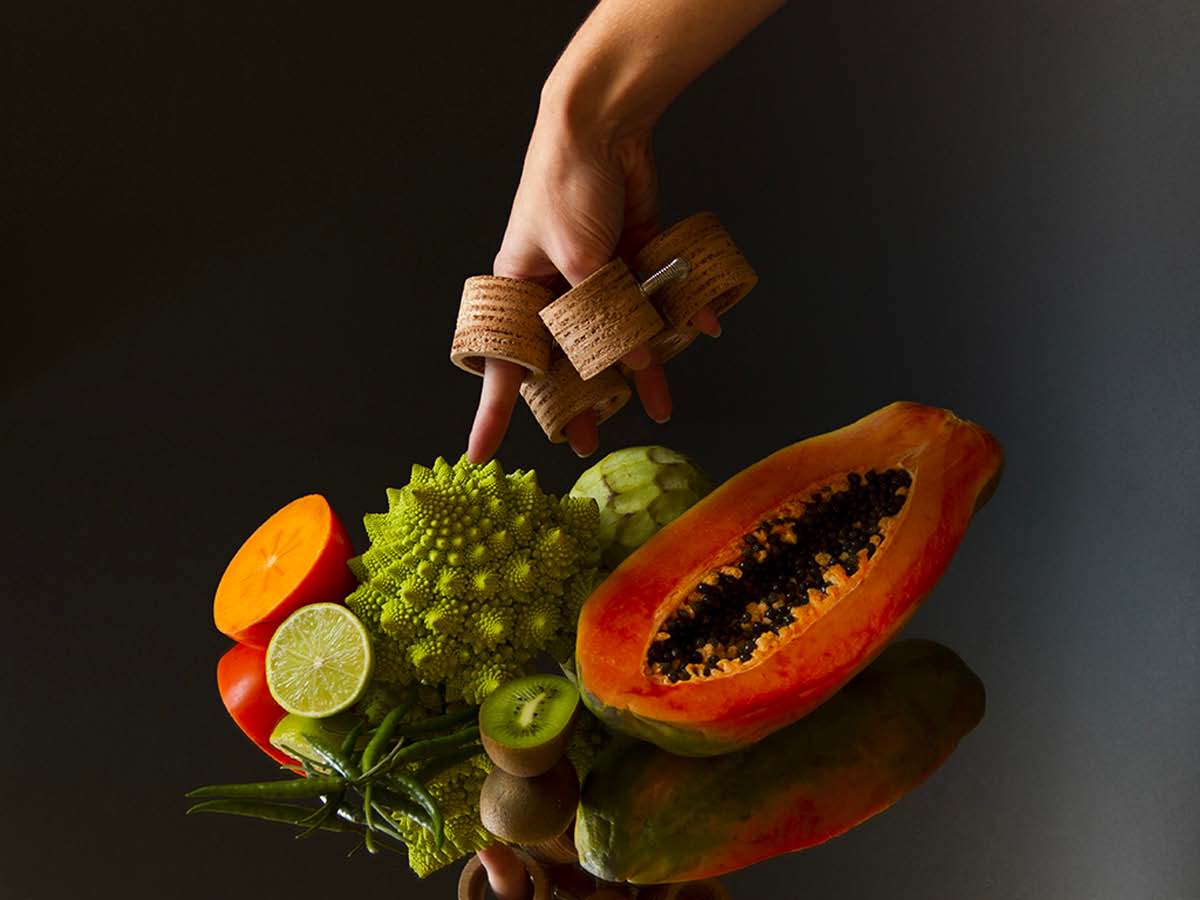Moments of great political unrest bring to the fore our responsibility to listen, learn, and act. Creativity is the power to imagine, ideate and foresee something that doesn’t exist yet. How can we use that power to help create a better world for the many people — celebrating, rather than ignoring, our differences?
On 9 June 2020, SPACE10 hosted a roundtable discussion between Alice Grandoit, Nu Goteh and Isabel Flower from Deem Journal, and LinYee Yuan of MOLD magazine on grounding design practices in care and inclusion — from designing for clients, to the ambitious task of imagining, and enacting, social change. Though SPACE10 Sessions are live, intimate community events, in this instance we wanted to make an exception and share the recording of the discussion, to spark a conversation about how design can help bring about a better and more equal future.
You can watch the whole conversation below.
SPACE10 Session: Designing for Dignity and Practices of Care from SPACE10 on Vimeo.
Everything that surrounds us has been designed by someone. Yet too often, the world has been created to cater for just one type of people. As Alice Grandoit asks: ‘How do we create a future in which everyone doesn’t need to be the same person?’
When we think of unjust systems as designed by someone, it unlocks our ability to think about redesigning them for the better. Says LinYee Yuan:
‘What is the world when police don’t exist? What does that look like? What is a world without prisons? So many people can’t even imagine what that world is. And the reality is that that is the world we, at least I, am fighting for. How do we leverage the creativity of the community to be able to imagine this place — and really, then, give it shape?’
Building on Deem’s writings about ‘designing for dignity’, and MOLD’s on practices of care, Flower, Goteh, Grandoit and Yuan invite us to bring a third tenet to the practice of design: besides form and function, we should also include care. In Flower’s words: “Why can’t care be the currency that we […] embrace, in this new world of thinking, in a post-capitalist state?”
Truly inclusive design requires empathy. If we reimagine social systems as extended networks of care, we can then redesign those systems to enable people to thrive, and to heal their communities. But, Goteh warns, empathy is just the threshold — empowerment is the goal: ‘When you empower people, you give them the tools and the means to start facilitating research and design themselves.’
In his view, marginalised communities are creative world-makers in their own right, and the role of designers is to empower them to affect change. After all, for Goteh, ‘the best designers I know are my mum, my dad. People who are immigrants, who came here as refugees and figured out systems, created systems, in order to be able to facilitate having a dignified life.’
[Full Transcript To Come]

